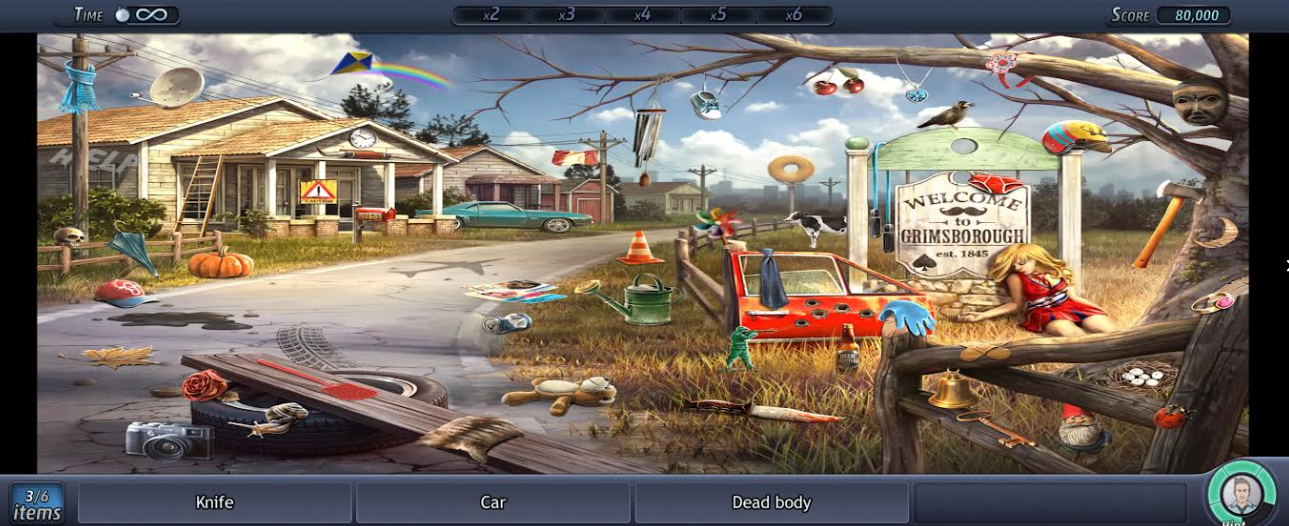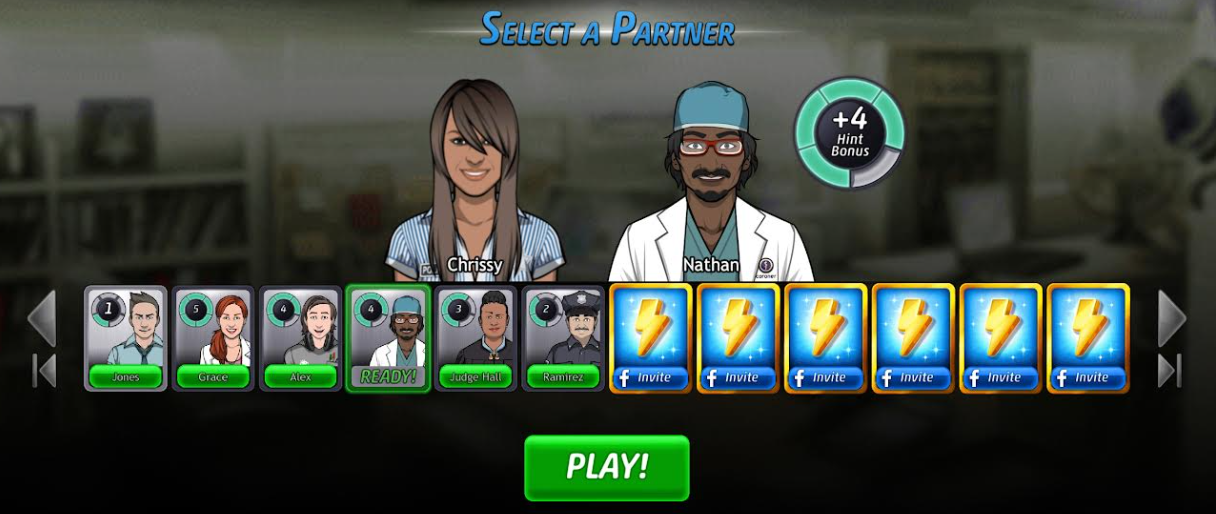Welcome to Pixalate’s CTV & Mobile App Manual Reviews According to COPPA, a series containing the detailed factors the Trust & Safety Advisory Board educators used to assess an app’s child-directedness.
The educators manually review thousands of mobile apps available in the Google Play & Apple App Stores as well as connected TV (CTV) apps from the Roku Channel Store and Amazon Fire TV App Store using the COPPA Rule factors shown below & make those results available to the public at ratings.pixalate.com.
This post takes a look at a popular mobile app (1 million+ downloads) from the Google Play Store & Apple App Store. Our reviewer discusses how the subjective factors set forth in the COPPA Rule apply to the app and factor into the reviewer's determination as to whether the app is child-directed or general audience (i.e., it is not targeting children).
Manually reviewed in this post
The 10 COPPA Rule factors
The teacher will indicate the factors they relied upon in their assessment using the 10 factors shown below that reflect the 10 child-directed factors in the COPPA Rule.

Reviewed by: Crystal Pearson

Manual Review: Criminal Case
Likely audience after manual review


- Google Developer: Pretty Simple
- Apple Developer: Pretty Simple
- Google Bundle ID: com.prettysimple.criminalcaseandroid
- Apple Bundle ID: 767473889
- Privacy Policy
- Crystal’s Take: Criminal Case is a game simulation of a police officer solving a collection of murder mysteries.
COPPA factors used to determine audience
 and
and  and
and 
Criminal Case is a problem-solving simulation game where players solve murders by finding clues, and hidden objects, and assemble puzzle pieces in the correct pattern. In the gameplay, players take on the role of a police officer gathering and analyzing evidence to solve a variety of murders in a crime scene. Players go through an array of crimes to accumulate and inspect evidence to arrest the culprit. In each location within the scenes, the players pinpoint objects such as weapons, drugs, and corpses to complete the level. The app's content is primarily about murder with periodic references to sex, drugs, and suggestive puns which shows that the app is geared toward a general audience. The visual content has adult cartoonish animation with a range of unsuitable images that include, autopsies, partially unclothed bodies, blood, and gore. The language in “About this game,” states “Users must be 13 years old to play or download Criminal Case.” Parents or guardians need to be aware of the violent subject matter appearing as cartoons because it is the primary theme of this game.

Players obtain rewards by collecting objects, recognizing variances in comparable scenes, or repositioning puzzle pieces. Players also use energy points every time they investigate a crime site that is reloaded over time, playing another real-time player, making purchases, and when moving to the next level to break down the evidence quicker.

There is no age gate. It is rated T for Teens in the Google Play store and 12+ in the iOS store. The app is available to download and use with in-app purchases. The game can be connected to Facebook to play with other players or as an individual with a virtual programmed partner.
Privacy:
The developer’s privacy policy states, “We do not knowingly collect or solicit personal information from or direct or target interest-based advertising to anyone under the age of 16 or knowingly allow such persons to use our Service.” The policy also states, “If we learn that we have collected personal information from a child under age 16, we will delete that information as quickly as possible.”
Find Pixalate's full catalogue of reviews in our CTV and Mobile App Review Page
Screenshots of Criminal Case








About Pixalate’s Trust & Safety Advisory Board
Pixalate’s Trust and Safety Advisory Board was created to bring in individuals with experience using child-directed apps in the classroom to review and assess which apps are child-directed. This manual review process serves to quality check Pixalate’s automated review process. See our full methodology for more information.
Disclaimer
This blog post published by Pixalate is available for informational purposes only and is not considered legal advice. By viewing this blog post, the reader understands and agrees that there is no attorney-client relationship between the reader and the blog publisher. The blog should not be used as a substitute for legal advice from a licensed professional attorney in the applicable jurisdiction(s), and readers are urged to consult their own legal counsel on any specific legal questions concerning any specific situation. The content of this blog post reflects Pixalate's opinions with respect to factors that Pixalate believes may be useful to the digital media industry. Pixalate's opinions are just that, opinions, which means that they are neither facts nor guarantees; and this blog post is not intended to impugn the standing or reputation of any entity, person or app, but instead, to report findings pertaining to mobile and Connected TV (CTV) apps.








